How Often To Use Retinol
How Often To Use Retinol: A Comprehensive Guide
Welcome to our in-depth exploration of retinol, a powerhouse ingredient in the world of skincare. Whether you're a seasoned skincare enthusiast or a newcomer looking to enhance your routine, understanding how to use retinol effectively and safely is key to achieving radiant, youthful-looking skin. This guide will walk you through everything you need to know about retinol, from its benefits to how often you should use it, and answer some frequently asked questions to help you navigate your retinol journey.
Introduction to Retinol
Retinol, a derivative of vitamin A, is celebrated for its anti-aging and skin-renewing properties. It accelerates cell turnover, fades pigmentation, and stimulates collagen production, thereby reducing the appearance of fine lines and wrinkles. Retinol also helps to unclog pores, making it beneficial for those with acne-prone skin. However, its potency means that it can cause irritation if not used correctly.
Starting with Retinol: The Basics

Begin Slowly: If you're new to retinol, start with a lower concentration, such as 0.25% or 0.5%, and gradually increase as your skin builds tolerance. This approach minimizes the risk of irritation and allows your skin to adjust to the ingredient.
Incorporate Gradually: Initially, apply retinol once or twice a week, and observe how your skin reacts. If you experience minimal to no irritation after a few weeks, you can increase the frequency to every other night.
Finding the Right Frequency for Your Skin

Listen to Your Skin: The ideal frequency of retinol use varies from person to person. Some may tolerate daily application, while others may find that two to three times a week is sufficient. Pay attention to your skin's response and adjust accordingly.
Balance with Other Skincare: If you use other active ingredients, like exfoliants or vitamin C, you may need to alternate nights or use them at different times of the day to prevent overloading your skin.
Advanced Retinol Tips

Consistency is Key: Regular use is crucial for seeing the benefits of retinol. However, consistency doesn't mean daily application for everyone. Find a rhythm that works for your skin and stick with it.
Don't Forget Sunscreen: Retinol can make your skin more sensitive to the sun. Always apply a broad-spectrum sunscreen with at least SPF 30 during the day, even if you apply retinol only at night.
FAQs About Using Retinol
Q: Can I use retinol every day? A: While some may tolerate daily use, it's essential to start slow and increase frequency based on how your skin reacts. Not everyone needs to use retinol daily to see benefits.
Q: How long does it take to see results from retinol? A: Patience is crucial with retinol. It can take anywhere from 4 to 12 weeks to start noticing improvements, with more significant results appearing after consistent use over several months.
Q: Can retinol be used under the eyes? A: Yes, but with caution. The under-eye area is delicate, so use a product formulated specifically for this area or apply a very small amount of your regular retinol, ensuring it doesn't get too close to your eyes.
Q: What should I do if my skin reacts badly to retinol? A: If you experience severe irritation, take a break from retinol and focus on soothing and repairing your skin barrier with gentle, hydrating products. Once your skin has calmed down, you can try reintroducing retinol at a lower frequency or concentration.
Conclusion
Retinol is a transformative ingredient that can significantly improve your skin's appearance when used correctly. Remember to start slowly, listen to your skin, and adjust your routine as needed. With patience and care, retinol can be a valuable addition to your skincare regimen, leading to clearer, more youthful-looking skin.
Navigating the world of retinol can be complex, but armed with the right knowledge, you can make informed decisions to effectively incorporate this potent ingredient into your skincare routine. Always consult with a dermatologist if you're unsure about how to use retinol, especially if you have sensitive skin or other skin concerns.


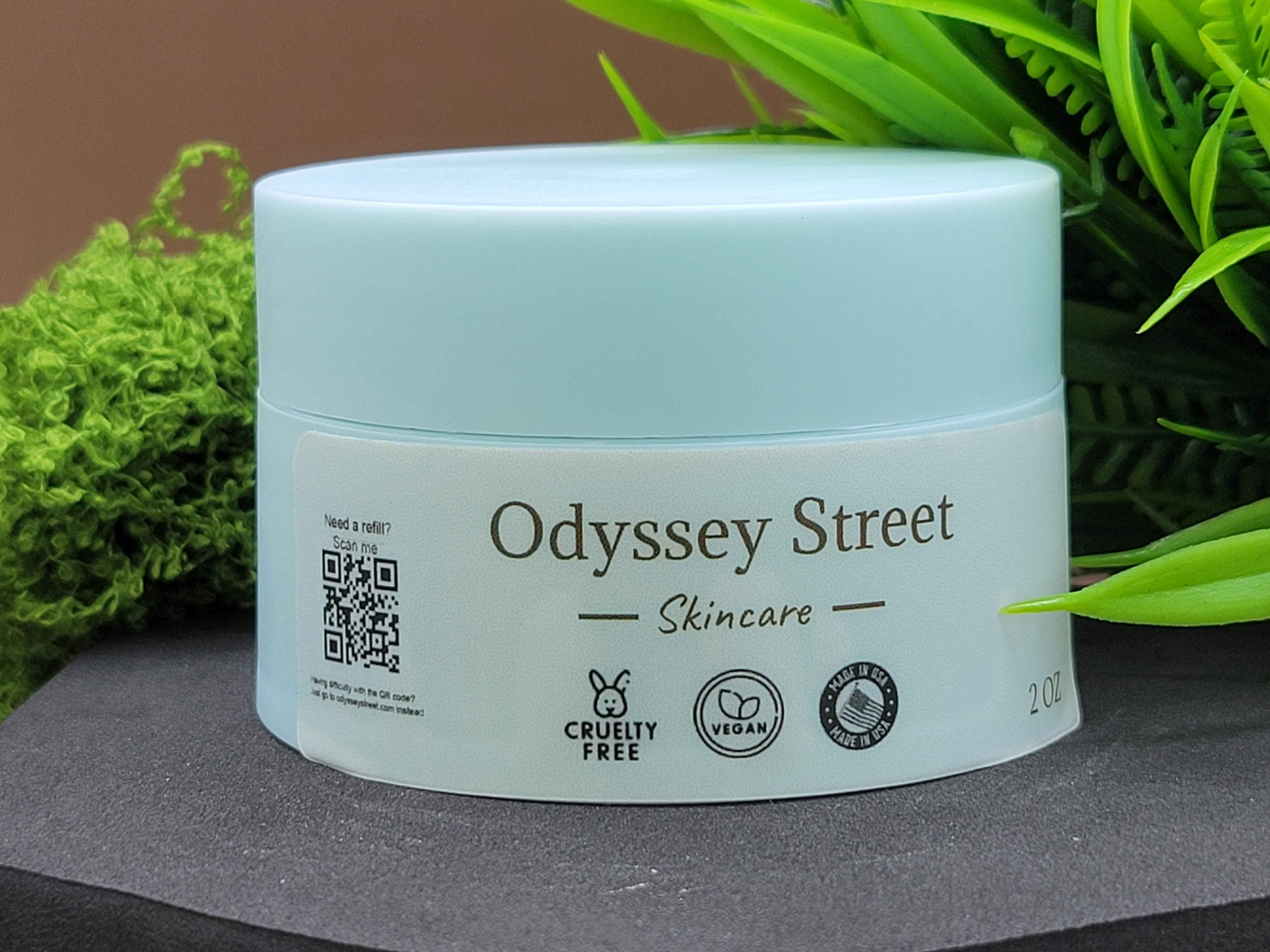
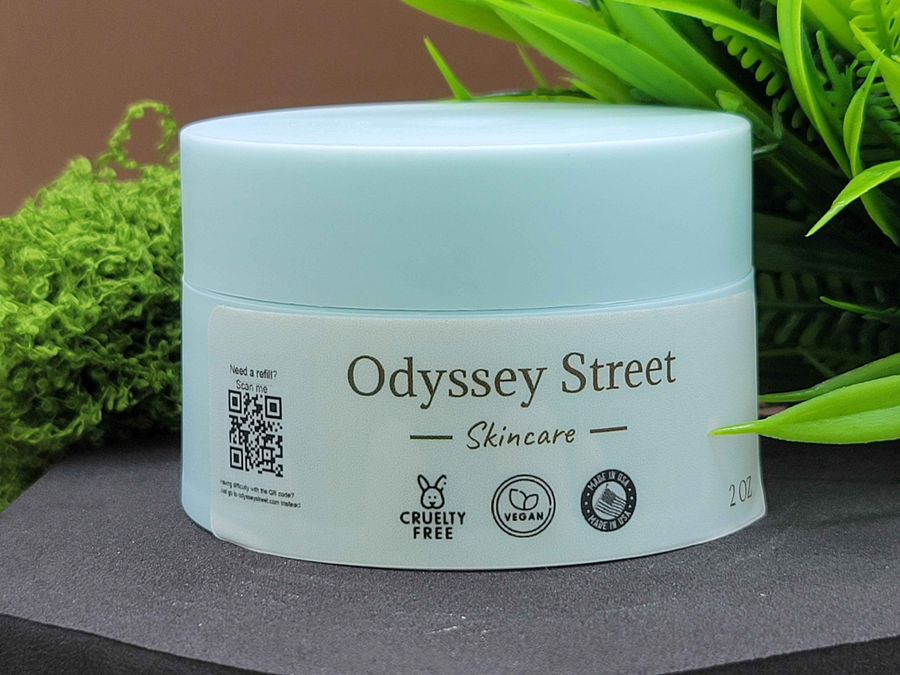
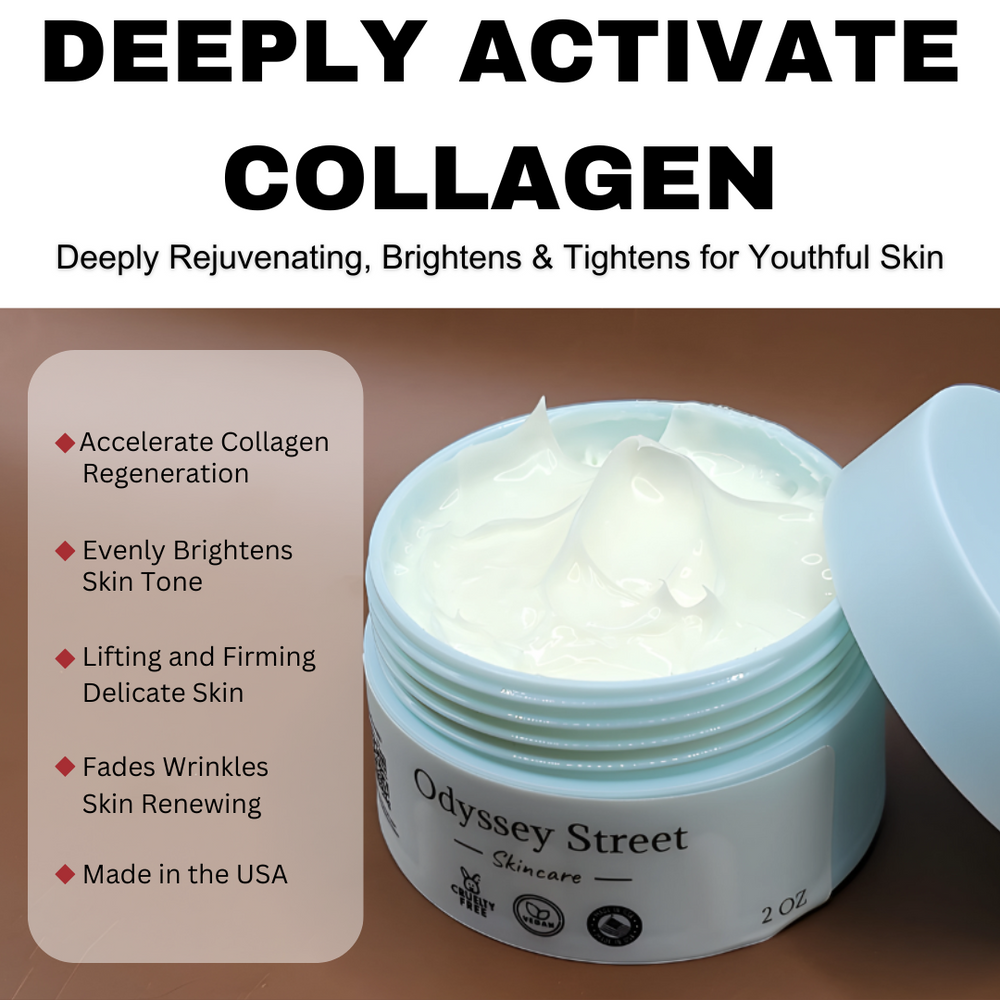


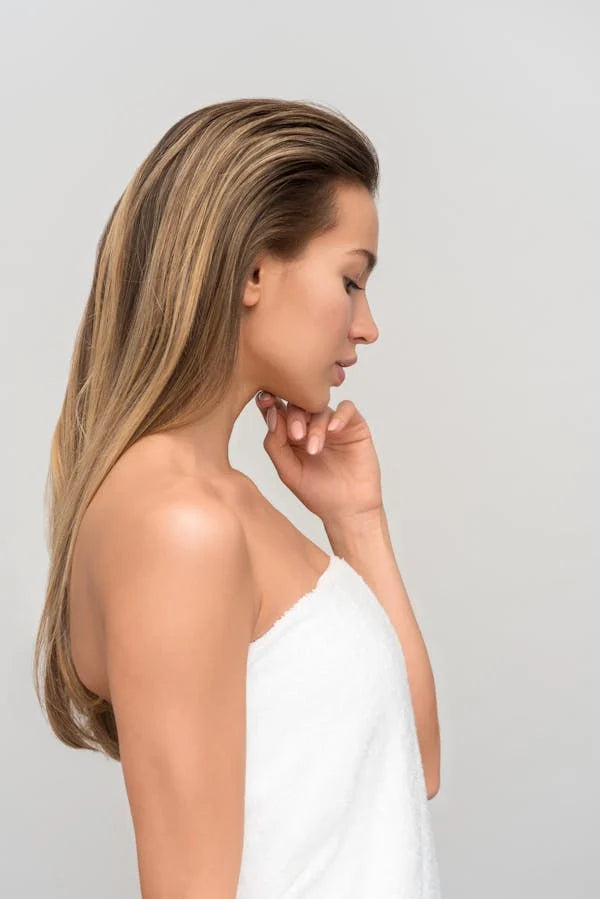

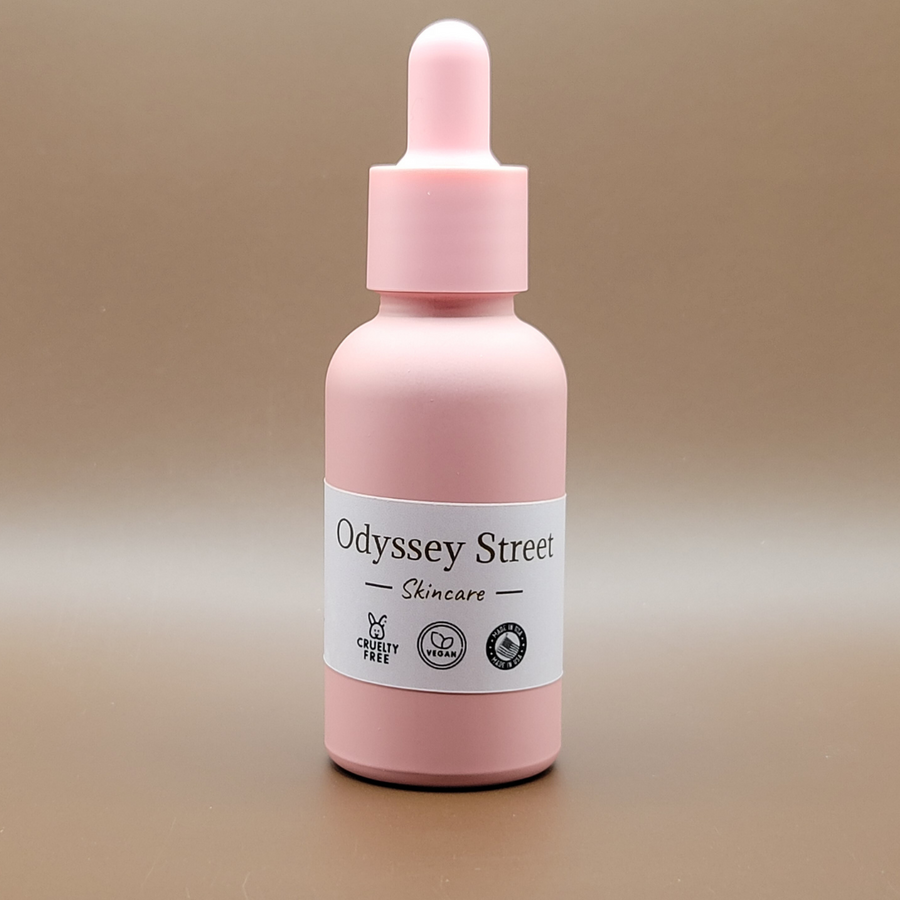
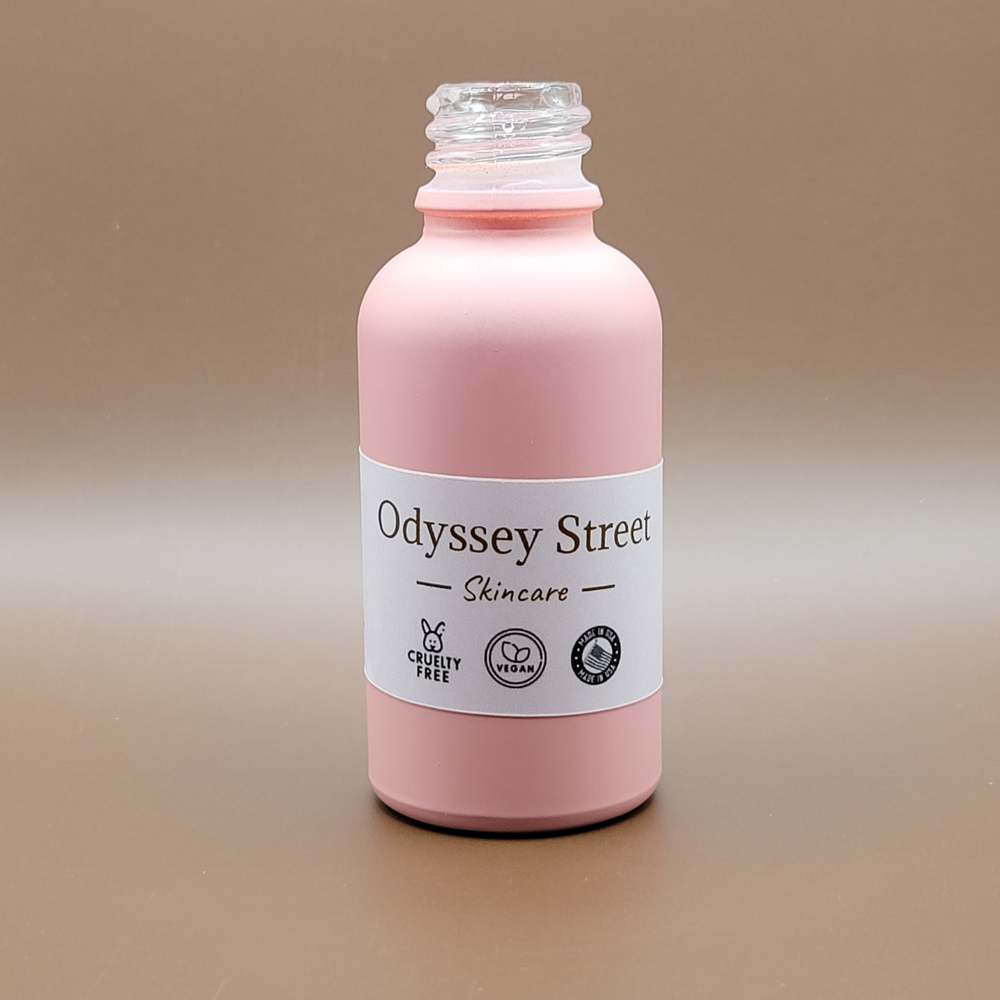
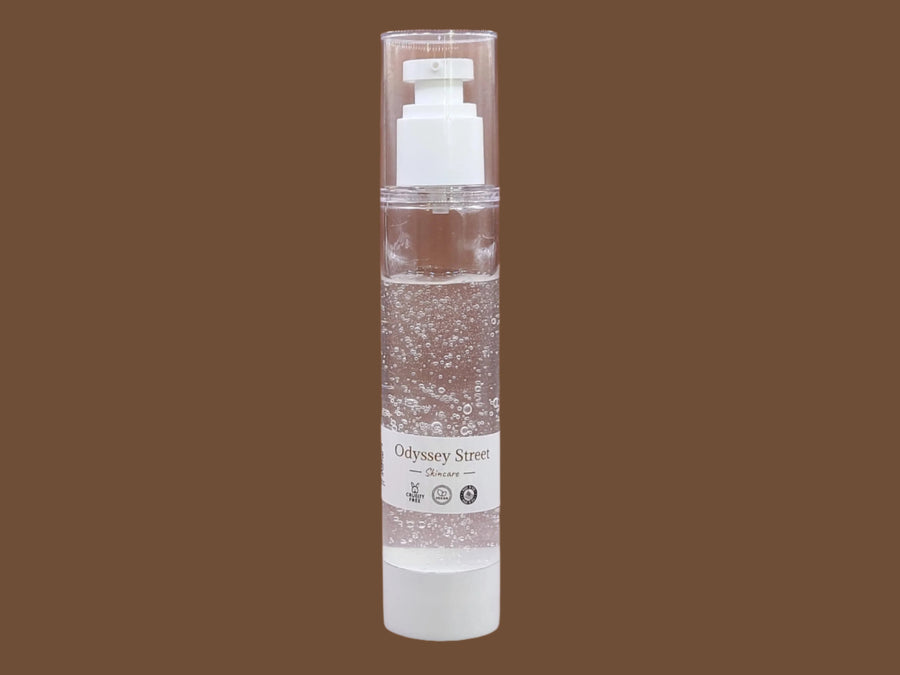
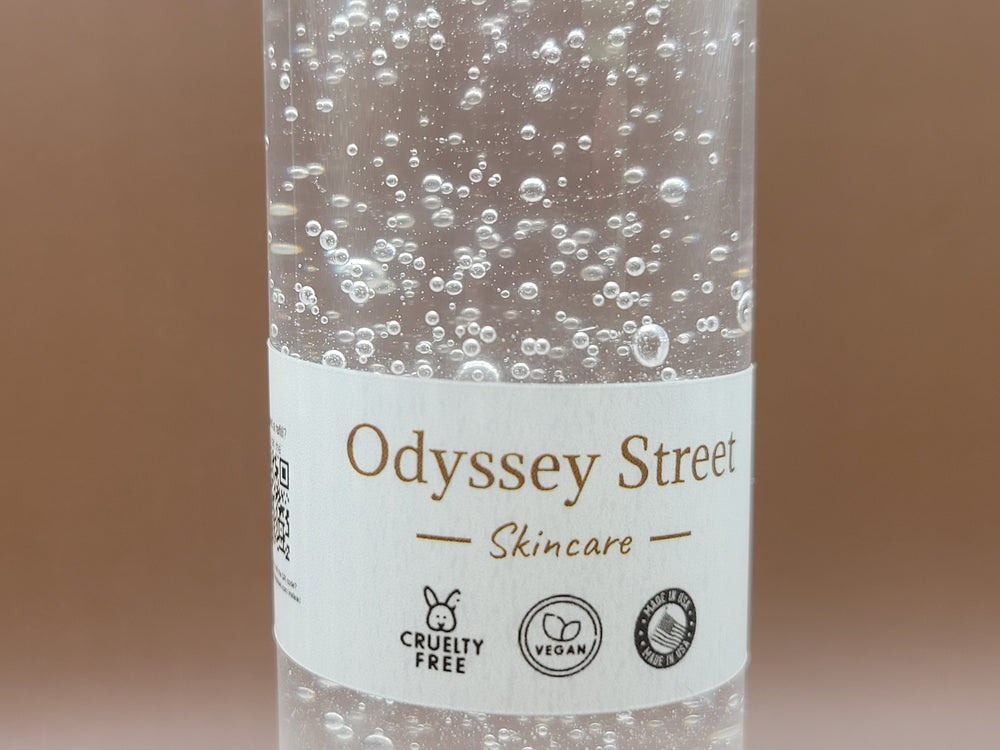
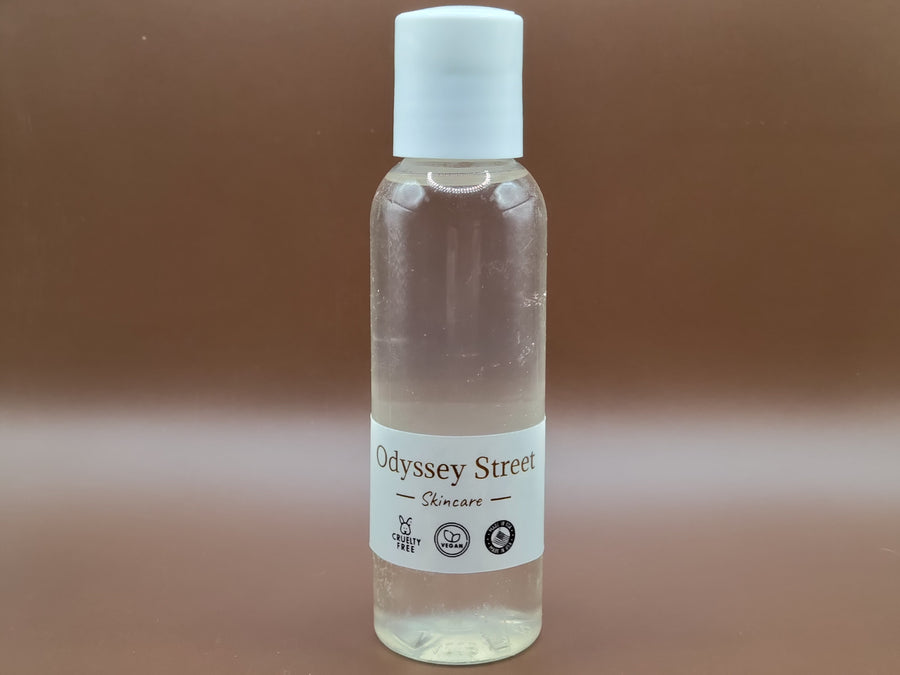
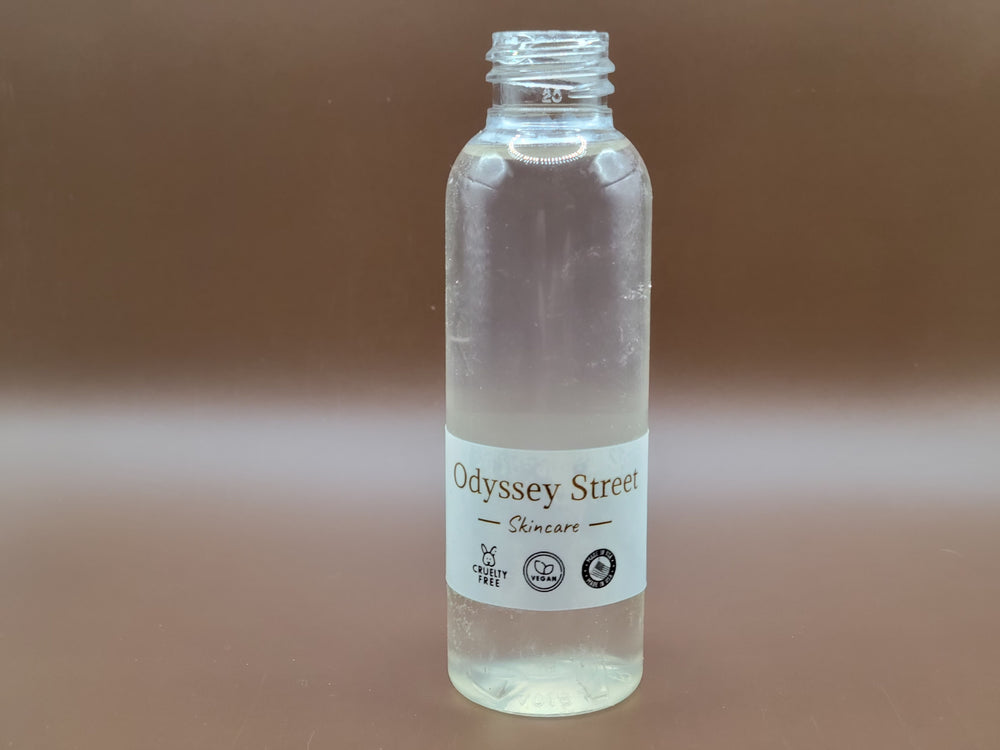
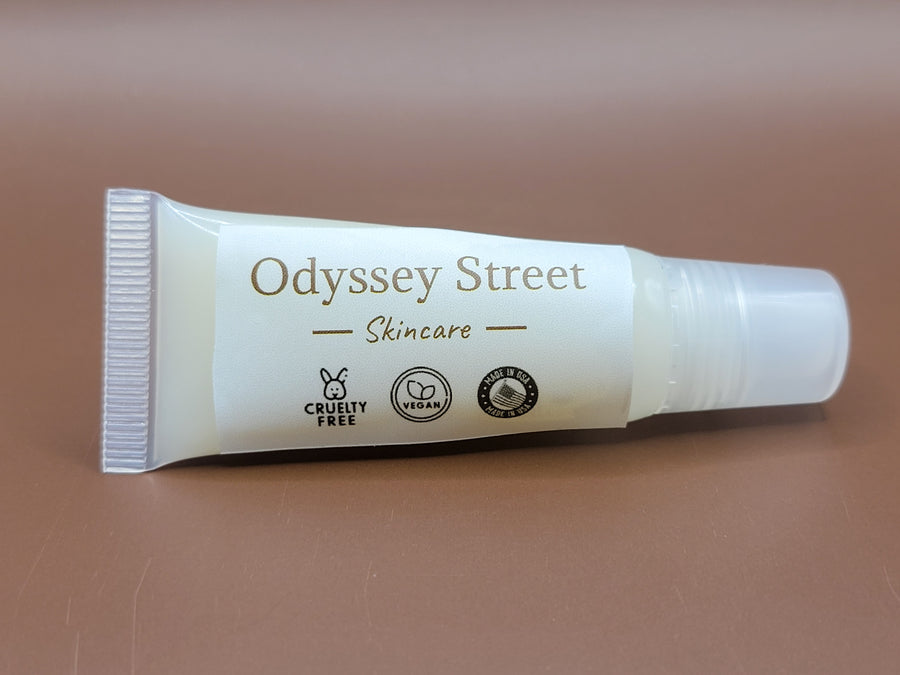
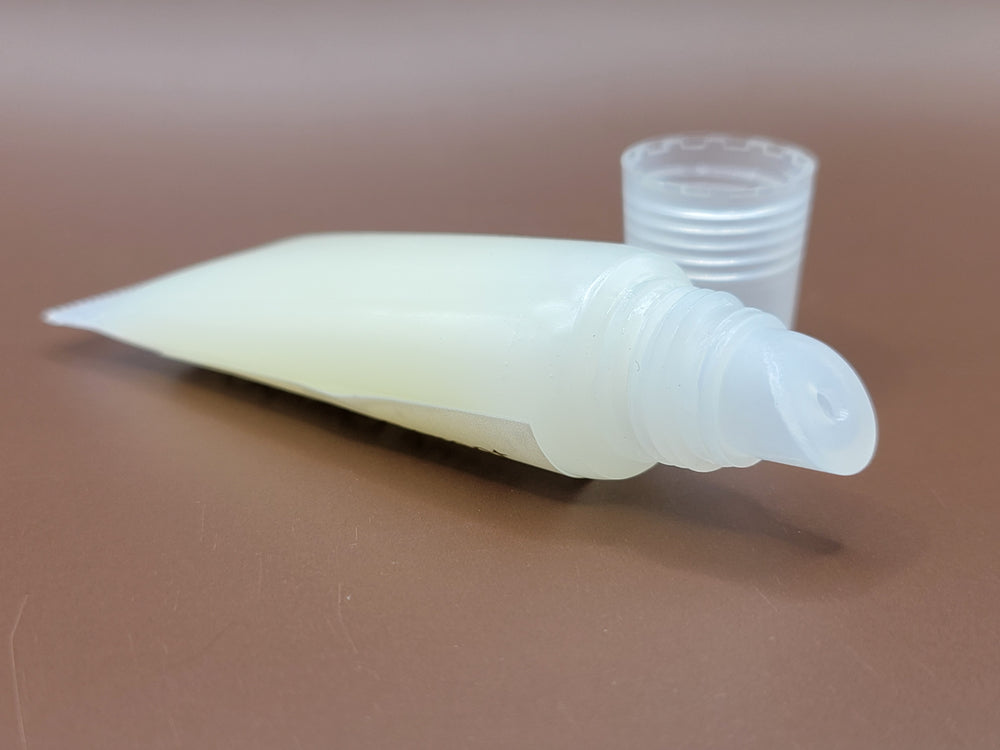
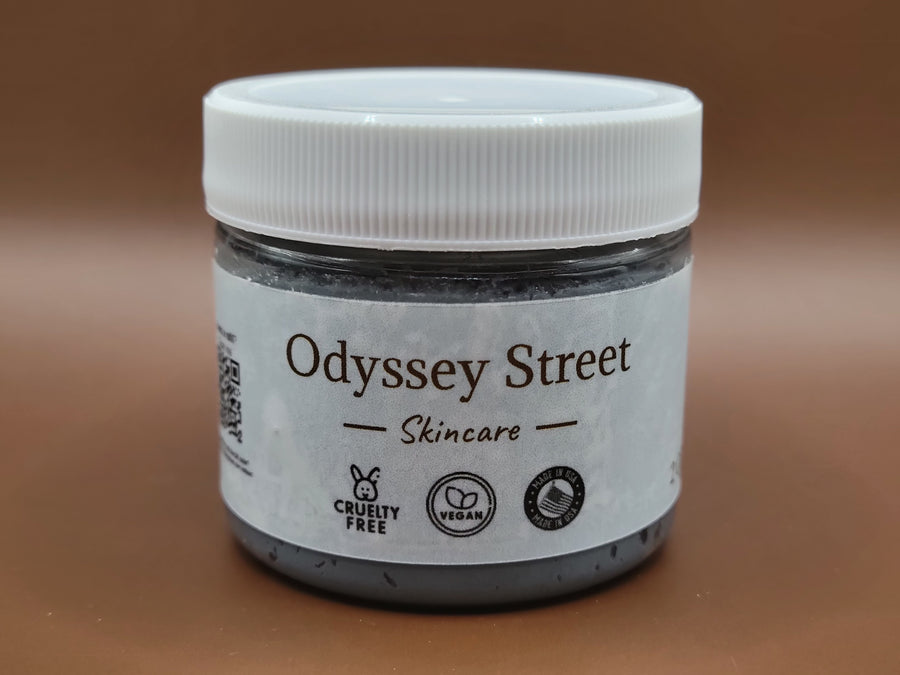
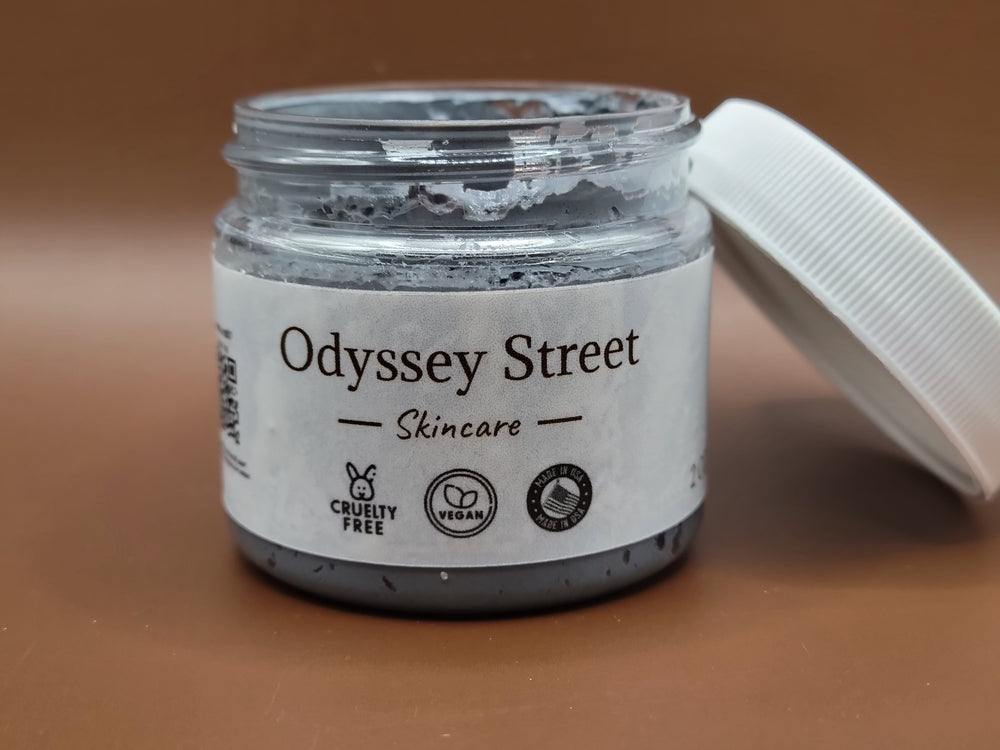
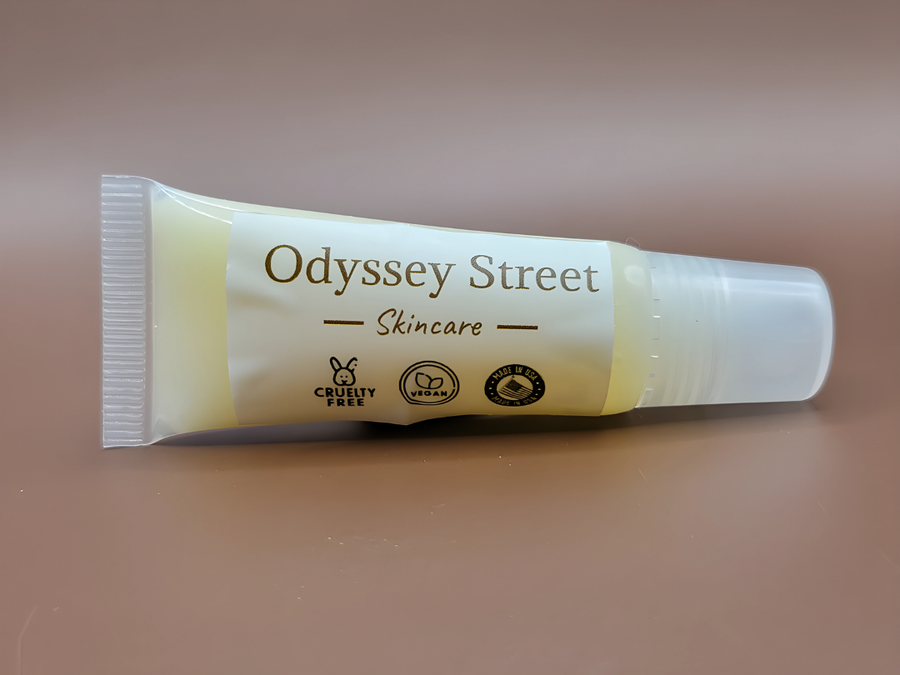
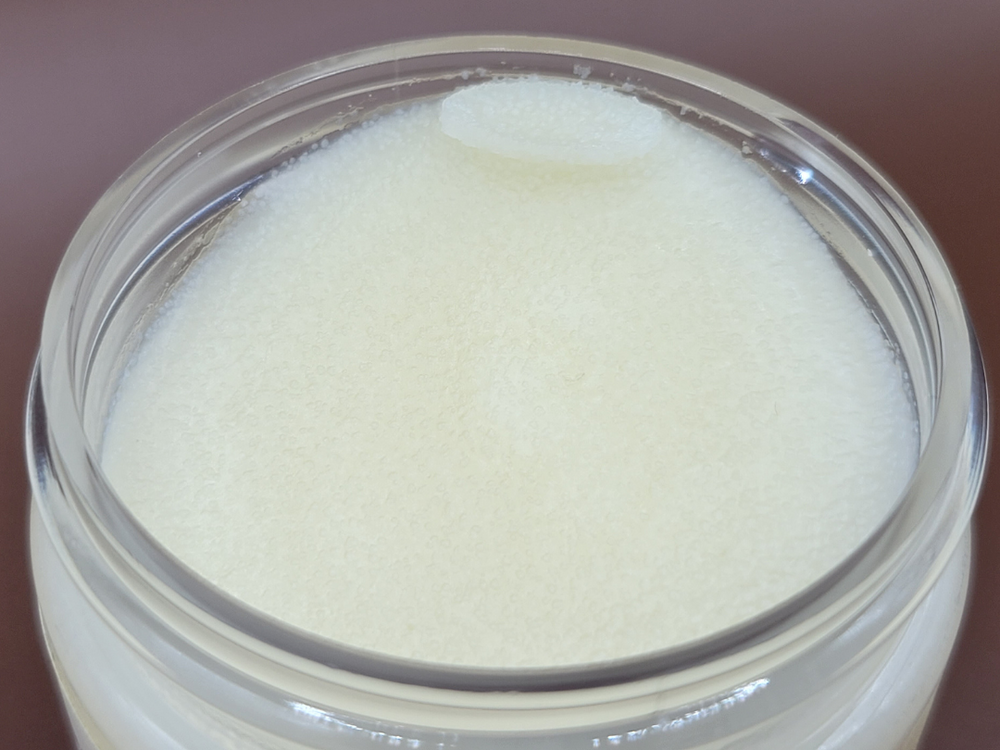
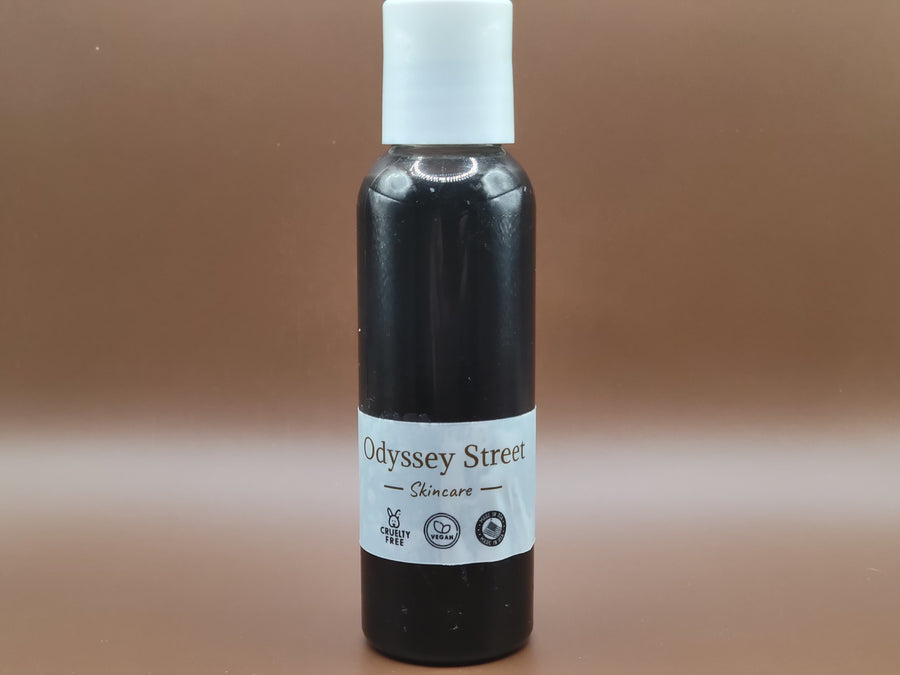
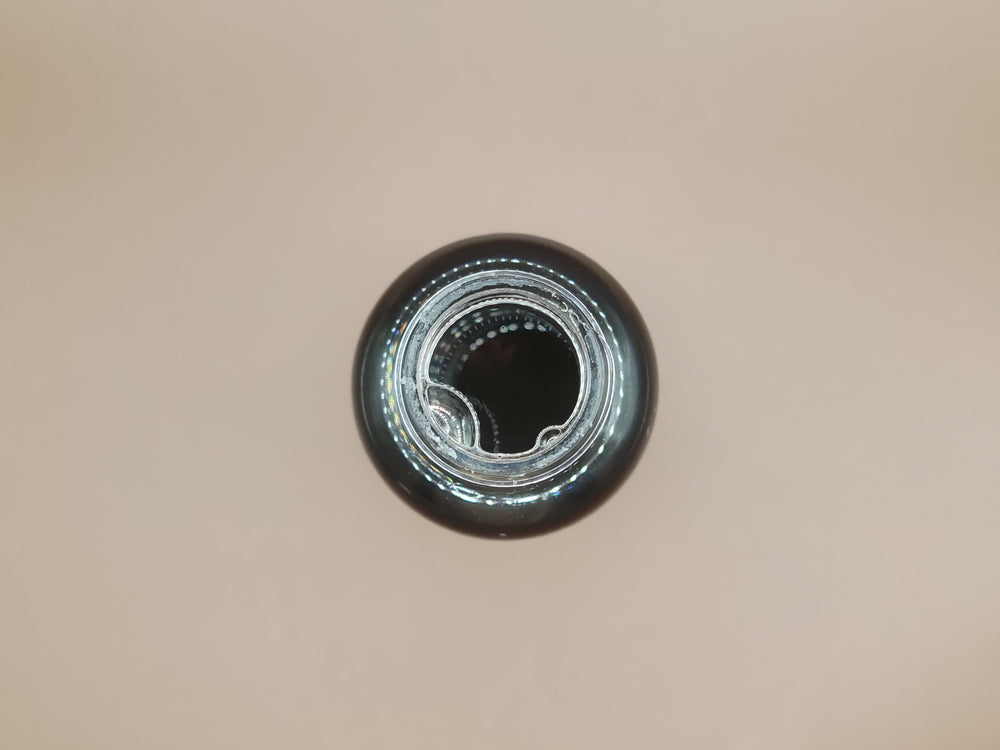
Leave a comment